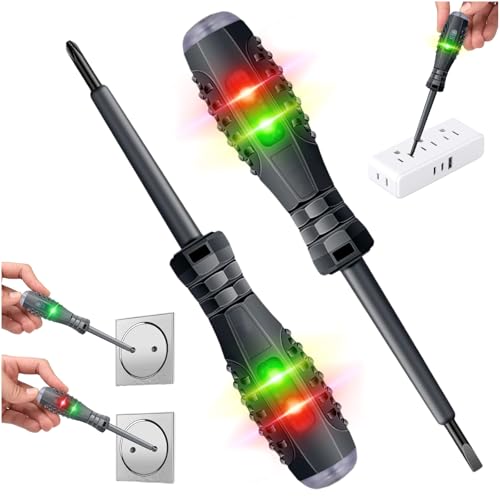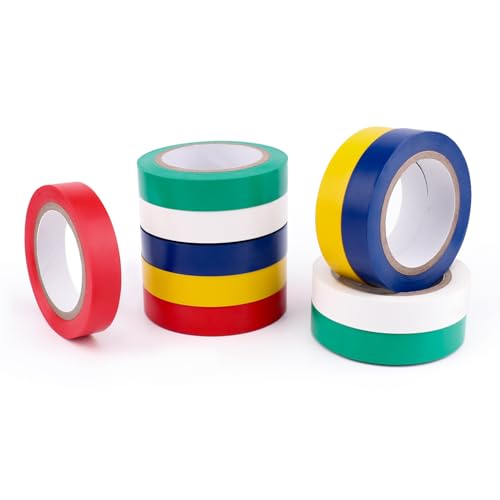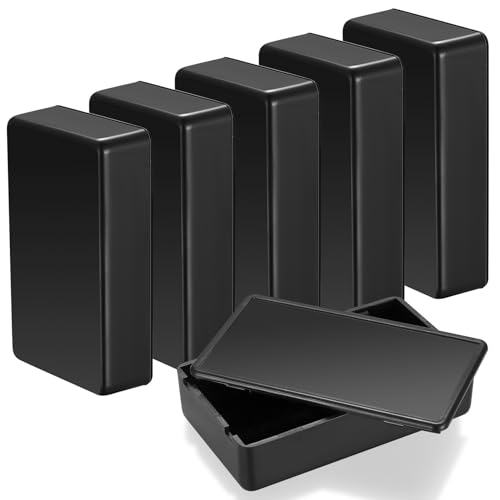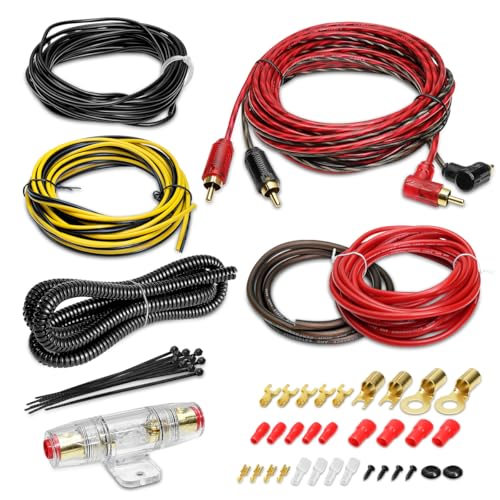My honest advice for anyone still using E7 and storage heaters, spend some money and upgrade your heating for an Air Source Heat Pump. You will use about 1/3 of the electricity your storage heaters used, saving you money (more money than if you switched from a gas boiler to an ASHP) and you would not need to be on a dual rate tarrif, so a normal single rate tariff would also give you a cheaper day rate compared to E7.
I have mixed feelings on the whole ASHP pump thing, yes, on the whole the idea of air-source as a heat source is sound. But the way it is being pushed to be implimented in the UK is note. Air to water heat pumps arn't great because naturally efficientcy of the technology drops the larger the temperatural differntial its trying to work across, if we think about last week, temps of -5C here (probably colder up there in scotland) and if you are asking for a 40C flow temp, thats a big enough hurdle, but when a 40C flow temp is only actually suffcient when you have a large surface area (so masssiveeee rads, or whole house UFH, plus in those cold temperatures its a double edged sword has heat loss increases as well, especially if you are in a place with less than ideal U-values.
Its one of those things, that I think can work if you live in a place like yours dave almost to passivhaus standards and whole house UFH I'm guessing, but for me, in an old stone bungalow with 18" thick solid walls, the gas boiler with 60Deg flow struggles to heat it sometimes depending on weather!, replacing the boiler with an air-source heat pump just wouldn't work for me.
You've then get the issues that a lot of them are installed by big companies with chief excecs pocking government grants left right and centre and sending folk who have done a quick course to spec and install them.
Air to air heatpumps (a.k.a reverse cycle AC) on the other hand is often a lot less problematic, the temperature gradient they are being asked to work against is much less, with not much more than 20C being required, they don't depend on wall hogging radiators, or UFH which is not easy to retrofit. I use one to heat my conservatory, and it does a fantastic job of that even in the coldest weather, and as a bonus cools it in summer too
I get the feeling that all the properties built in the early 70s with warm air ducted central heating which had it ripped out in the 1980s for a wet system was probably a mistake, that would probably be an ideal system these days retrofitted with an air to air heat pump. afterall it works fine in the US mid-west where they get much colder whether than here.
My view is that wet system has had its day, it works well with gas boilers, but trying to shoe-horn an ASHP onto them is a serious compromise, and while improvements will be made, at the end of the day you are battling basic physics, so there is only so far you can go
































































